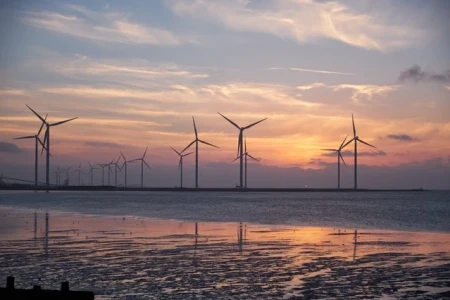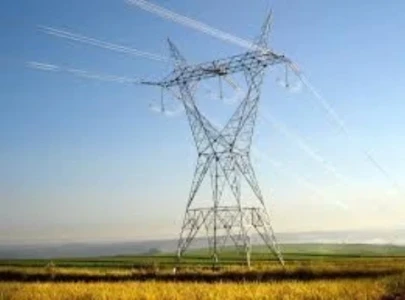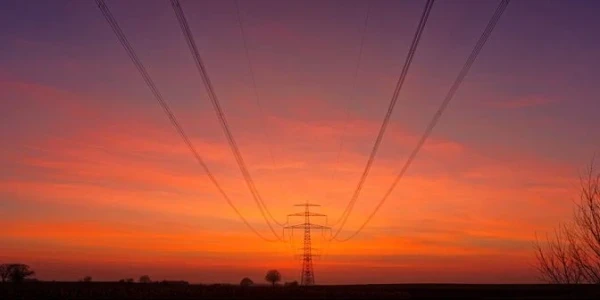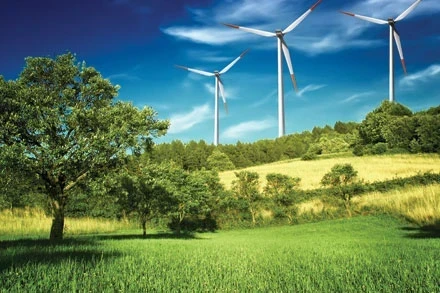First Ice-Free Arctic Day Could Come Before 2030

The Arctic is undergoing rapid changes, and a new study suggests that the first ice-free day in the Arctic Ocean may come sooner than previously expected—before 2030. This alarming possibility underscores the accelerated pace of climate change and its potential to significantly alter the Earth's climate system.
The Arctic has long been a barometer for global warming, with temperatures in the region rising at more than twice the global average. This phenomenon, known as "Arctic amplification," is contributing to the dramatic loss of sea ice, a key indicator of climate health. The latest research, published in Nature Communications, indicates that the Arctic Ocean may experience its first ice-free day in the summer as early as 2027, a stark contrast to earlier predictions that pointed to the 2050s as the likely timeframe
The disappearance of sea ice is a major concern for several reasons. Sea ice acts as a reflective surface, bouncing sunlight back into space, which helps to regulate global temperatures. As the ice melts, it exposes more of the darker ocean water beneath, which absorbs heat rather than reflecting it, further exacerbating global warming. This feedback loop, known as the "ice-albedo effect," is accelerating the rate of Arctic warming, creating a vicious cycle that scientists fear could be irreversible.
The timing of the first ice-free day is significant because it marks a shift in the Arctic ecosystem. Sea ice is critical to the survival of various species, including polar bears, seals, and walruses, which rely on it for hunting, breeding, and resting. As the ice disappears, these animals are left with fewer places to live, which could lead to drastic declines in their populations. Additionally, the loss of ice affects global weather patterns. The Arctic plays a critical role in regulating climate by influencing jet streams and ocean currents. As the ice melts, it could disrupt these systems, leading to more extreme weather events, such as heatwaves, storms, and flooding in other parts of the world
The accelerating loss of sea ice is also having an economic impact, especially in the realms of shipping, fishing, and oil exploration. As the ice melts, new shipping routes are opening up, reducing travel time between continents. However, this also raises concerns about increased shipping traffic in fragile ecosystems, leading to pollution and greater risks of oil spills. Furthermore, the opening of the Arctic to more industrial activity threatens to disturb sensitive marine environments and disrupt the traditional ways of life for Indigenous peoples who have lived in the region for millennia
These changes highlight the urgent need for global climate action. Despite international agreements such as the Paris Climate Agreement, the world has not yet managed to reduce emissions at the scale necessary to halt the warming trend in the Arctic. According to experts, limiting global temperature rise to 1.5°C above pre-industrial levels, as outlined in the Paris Agreement, is the best way to avoid the most catastrophic consequences of climate change, including an ice-free Arctic
The potential for an ice-free Arctic within this decade also brings into focus the need for greater efforts in mitigating climate impacts. Adaptation strategies, such as the preservation of ice through geoengineering or efforts to protect Arctic species and ecosystems, will be crucial in the years to come. International collaboration, research, and sustainable practices are essential to slowing the pace of ice loss and preserving the Arctic's delicate balance.
The prospect of an ice-free day in the Arctic Ocean before 2030 serves as a wake-up call for the global community. The consequences of such a shift are far-reaching and could affect ecosystems, global weather patterns, economies, and local populations. As the Arctic continues to warm, the urgency for comprehensive climate action grows stronger, with the world facing a critical moment in determining how we respond to this rapidly changing environment.









